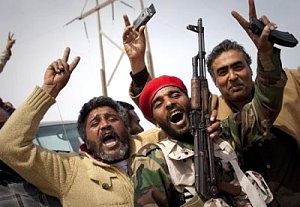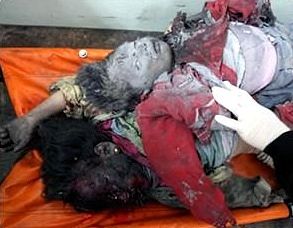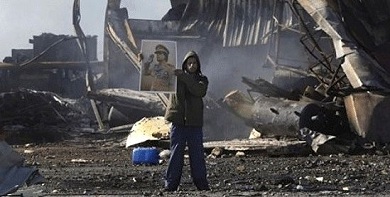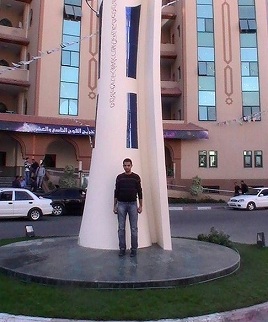Mounting evidence of CIA ties to Libyan rebels

Numerous press reports over the weekend add to the evidence that the Libyan rebels fighting the regime of Muammar Gaddafi are under the direction of American intelligence agencies. Despite the repeated claims by Obama administration officials that the rebels are a largely unknown quantity, it is becoming increasingly clear that key military leaders of the anti-Gaddafi campaign are well known to the US government and have longstanding relations with the CIA.
For better than two weeks there had been a virtual ban in the US media on reporting the name of Khalifa Haftar, the long-time CIA collaborator who was appointed chief rebel commander March 17, on the eve of the US-NATO bombing campaign against Libya. Only the regional McClatchy Newspapers chain reported Haftar’s appointment, and ABC News ran a brief interview with him on March 27. Otherwise, silence prevailed.
This de facto censorship abruptly ended April 1, when a right-wing US think tank, the Jamestown Foundation, published a lengthy study of Haftar’s background and record, which was cited extensively by Reuters news service, and then more widely in the US and British media.
The Jamestown Foundation report declared: “Today as Colonel Haftar finally returns to the battlefields of North Africa with the objective of toppling Gaddafi, his former co-conspirator from Libya’s 1969 coup, he may stand as the best liaison for the United States and allied NATO forces in dealing with Libya’s unruly rebels.”
The Jamestown study noted Haftar’s role in organizing the Libyan National Army (LNA), which he founded “on June 21, 1988 with strong backing from the Central Intelligence Agency,” and cites a 1991 interview with him “conducted in an LNA camp in rural Virginia.” Not only did the CIA sponsor and fund the LNA, it engineered the entry of LNA officers and men into the United States where they established a training camp.
Reuters added, using a variant spelling of the name, that it has “repeatedly asked for an interview with Hefta but he could not immediately be contacted.” The news service added, “The CIA declined to comment” on its relationship to the former Libyan military leader.
Other references to Haftar’s role appeared in the online blog of the New Yorker magazine, in Africa Confidential, on National Public Radio, the British daily Guardian, and in the Independent on Sunday, another British newspaper.





























